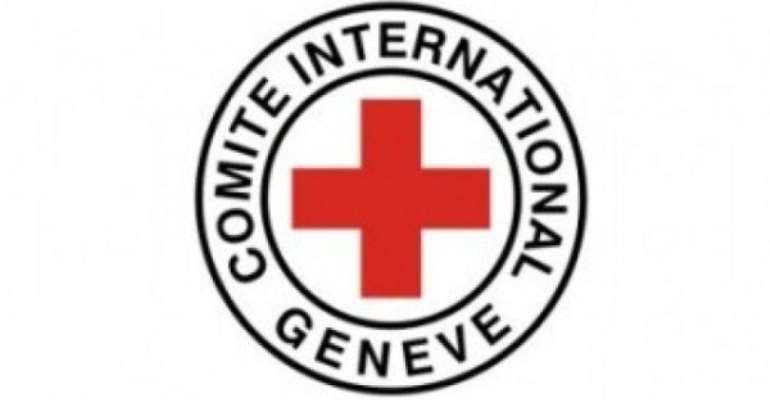Central African Republic: ICRC transfers seven military personnel released in Sam Ouandja

GENEVA, Switzerland, January 28, 2013/African Press Organization (APO)/ -- Seven members of the Central African Republic armed forces were released on 26 January by the Séléka coalition of armed groups in the town of Sam Ouandja, in the north-easternmost part of the Central African Republic. They were subsequently transferred to Bangui on board an aircraft of the International Committee of the Red Cross (ICRC). The soldiers, who were captured by Séléka in December 2012, were placed in the care of the ICRC, acting as a neutral and independent intermediary.
"Since December, we have been taking action in our capacity as a neutral intermediary to facilitate the return or medical evacuation to Bangui of 15 Central African gendarmes, police officers and military personnel released by Séléka," said Georgios Georgantas, the head of the ICRC delegation in the Central African Republic. "We also visit people detained by the Central African Republic armed and security forces in connection with the conflict."
The ICRC visits detainees to make sure they are treated humanely and in accordance with international standards. On these occasions, in accordance with its customary working procedures, the ICRC also distributes hygiene items to the detainees and forwards news to family members of their detained relatives.
During the night before the seven soldiers were released, the ICRC office which covers the area was attacked by armed men, who among other things stole a vehicle. This was the first time the ICRC had been targeted since the beginning of the conflict currently under way in the Central African Republic.
"I am deeply concerned about the attack on our team in Ndélé," said Mr Georgantas. "The continuation of our work and the security of our staff depend on the trust placed in us by all parties concerned."
